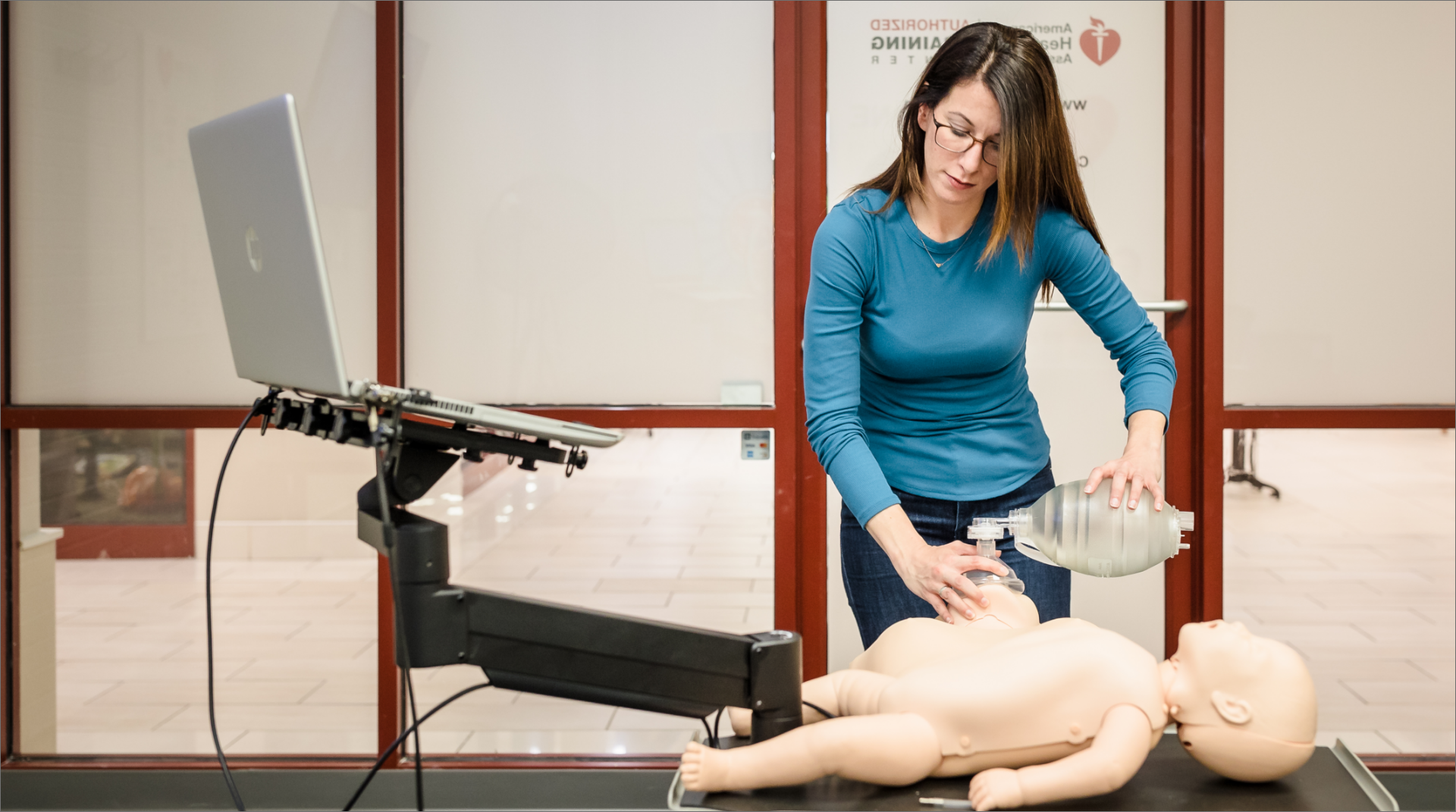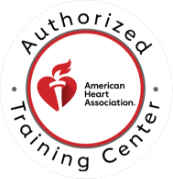

CPR Resource Center
The most comprehensive library of emergency training resources — including videos, articles, downloads, and more.


The most comprehensive library of emergency training resources — including videos, articles, downloads, and more.
We all know that an alcohol-based hand sanitizer is a good alternative when regular hand washing is not available. The recommendation from the FDA as well as the CDC is that the sanitizer contains 60%-80% alcohol (ethanol)1,2. Why? The outer membrane of viruses is a lipid or fatty like layer. The way the alcohol helps to kill novel coronavirus (for example) is that it breaks down that lipid or fatty layer of the virus as you let it air dry. Without this layer, the virus can’t survive as it’s the layer that basically holds the virus together. 60%-80% is the best “strength range” needed to penetrate that layer. The virus would then become permanently inactive & break apart.
It makes sense that you may deduce that if 70% for example is effective, then why not use 90% ethanol sanitizer or even higher? Wouldn’t that be better? Surprisingly, no. Preparations at that strength would evaporate too soon to be effective3. There may not be enough time for that outer layer to be broken down enough. Thus, risking the virus still having the ability to infect. Hand sanitizer is starting to become somewhat less scarce. Start your search by checking with your usual suppliers or check locally. Be sure to be on the lookout for price gouging though.
Here’s another example of more isn’t necessarily better- antibiotics. These are medicines that are used to treat or prevent infections that are caused by bacteria. Antibiotic resistance occurs when the bacteria “smarten up” and gain an ability to be less susceptible to drug designed to kill them. One way that this happens is when they are over-prescribed. Infections like this sometimes result in the necessity of more powerful antibiotics being prescribed or an inpatient hospital stay2. It does not mean that your body is resistant to the medication. It does mean that the germ essentially defeats the drug.
So, why not give the most powerful antibiotic or the maximum strength of a lesser antibiotic to treat an infection? Resistance. There are many different types of antibiotics. Some of which may be harmful if you have an underlying medical condition such as kidney disease. Your primary care provider can advise you which medication would best suit your specific needs. He or she may even determine that your body can fight that bacterial infection off without antibiotics. It is absolutely vital that you let all of your providers know all of the medicines that you take (vitamins and home remedies included). Your doctor or pharmacist are excellent sources of information.
One of the single best ways to stop the spread of germs (even better than antibiotics or hand sanitizer)- Good old-fashioned hand washing with soap and water. No need to spend your hard-earned cash on fancy soaps or the like. Washing your hands before putting on gloves and other personal protective equipment (PPE) is a great guideline to use. Do it again after taking them off. In doubt if you need to or don’t? Do it anyway.
Sources:
1. U.S. Food & Drug Administration (FDA)
2. Centers for Disease Control & Prevention (CDC)
3. Penn State Center for Infectious Disease Dynamics
Help Me Find a Course